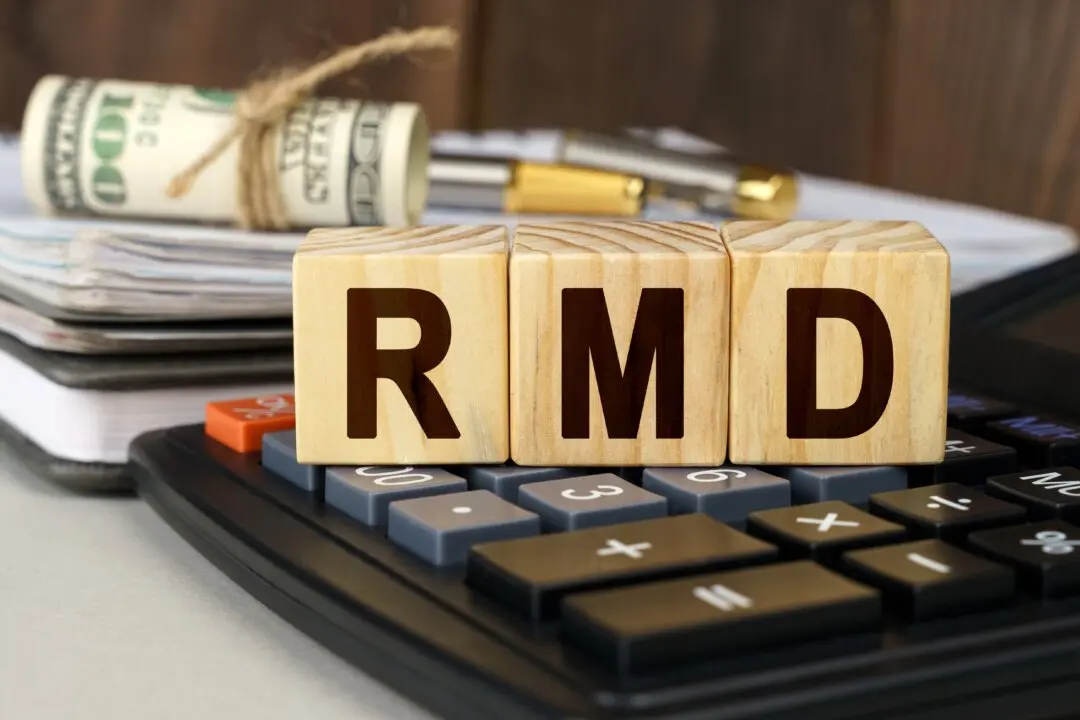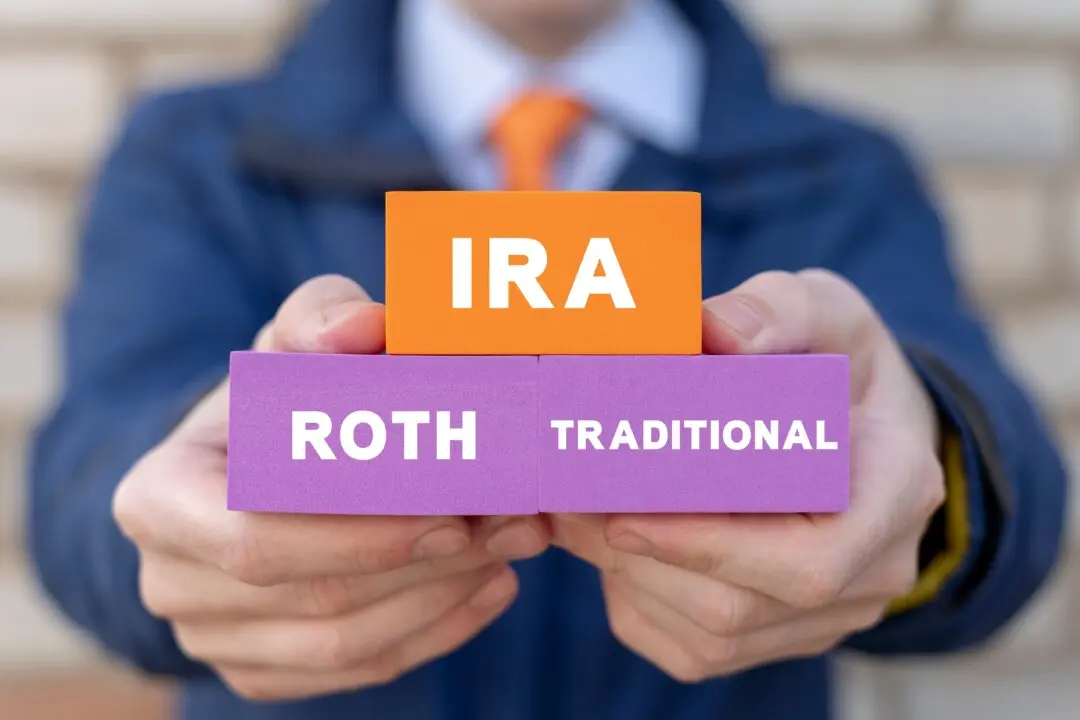Cold weather and subzero temperatures sweeping across the United States and Europe are expected to boost demand for heating oil, which could squeeze supply and raise prices for this sought-after commodity.
But regardless of weather, oil is nearly always in demand. It’s the main driver of transportation and movement of raw materials across the globe. Oil helps food get from the ground or the farm to your table, among other things.






